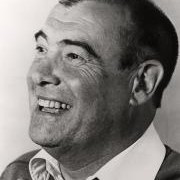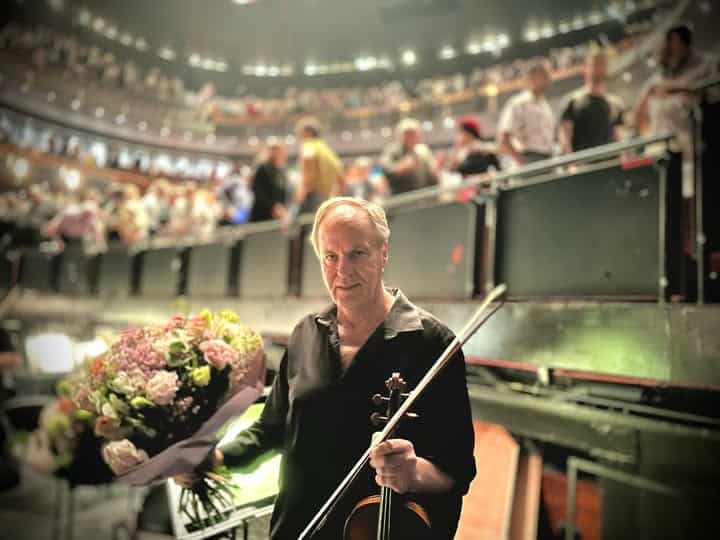A type of understated British conductor
OrchestrasThe death this week of James Loughran called to mind a species of excellent British conductors who never pursued the limelight. Loughran’s 12 years at the Halle, succeeding the irreplaceable John Barbirolli, was a phenomenal achievement for which he never received full credit.
Here are some others whose acknowledged excellence was never matched by fame or fortune, in some cases due to personal reticence:
Edward Downes (1924-2009)
Vernon (Tod) Handley (1930-2008, pictured)
Norman Del Mar (1919-1994)
Reginald Goodall(1901-1990)
Jeffrey Tate (1943-2017)
Warwick Braithwaite (1896-1971)
David Lloyd-Jones (1934-2022)
Rudolf Schwarz (1905-1994)
Kathleen Riddick (1907-1993)
Bryden (Jack) Thomson (1928-1991)






Comments